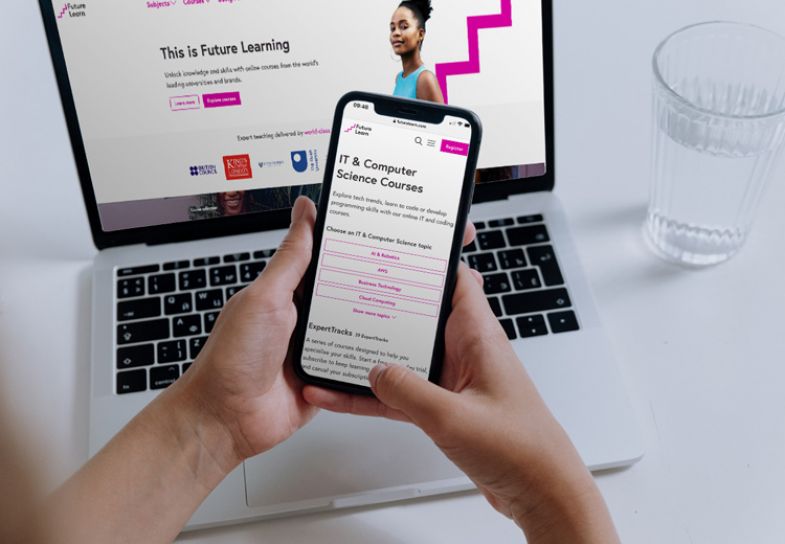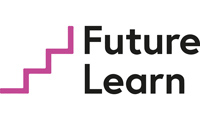
New report finds that online learning plays an important role in breaking down barriers to education
“Online learning is here to stay,” says Andy Hancock, CEO of digital education platform FutureLearn. Although the pandemic pushed many learners toward online learning, the accessibility and relative affordability of online instruction continues to attract students to the medium, even as pandemic restrictions ease.
FutureLearn’s recent The Future of Learning Report 2022 found that a third of respondents would learn a new skill online, and more than a quarter wanted to study to their own schedule. The report surveyed the motivations, attitudes and behaviours of about 2,000 UK learners and more than 500 UK-based employers and also included insight from 10 education experts.
“We wanted to explore current attitudes towards education, to learning, and get a post-pandemic view,” says Hancock. “We wanted to see how people’s perceptions of online learning have changed, how their views on employment have changed, and the skills that both professionals and employers are looking at prioritising in the future.”
Learners are attracted to the flexibility, affordability and accessibility that online education offers for professional development and career changes. “Asynchronous learning is incredibly important for people to fit their continued development into their busy lives,” Hancock says, adding that consumers and employers are interested in courses that offer practical life skills and soft skills, such as managing mental health. About 40 per cent of respondents felt that life skills should be included in curricula.
One in five of those surveyed said that they changed their career during the pandemic, and the majority credited online courses with helping them upskill and achieve that change, according to the report. People no longer have one job for life, and will need to continually upskill and reskill throughout their careers. “Career-based lifelong learning is an important part of our strategy,” Hancock says.
“Our report found that almost two-thirds of people surveyed would like to try a career in a different industry, while FutureLearn data has shown that sectors such as business and management, healthcare and technology are the most popular for millions of learners who are looking to upskill and perhaps even make that bold new career move.”
Providing skills development also helped companies retain their staff, Hancock says. To this end, microcredentials have become increasingly popular with employers and professional bodies. Microcredentials focus on a specific skill or capability and can be stacked together towards a larger accreditation such as a degree. “Educators are wanting to encourage more people to do accredited learning in more bite-sized formats,” Hancock says.
FutureLearn is already partnering with a number of world-leading institutions – from the Open University and the University of Glasgow in the UK, to Deakin University and Monash University in Australia, to collaborations with industry names such as Microsoft and AWS – in order to create more than 50 microcredentials across subjects including teaching, business management and cyber security.
The report pointed out that, even with online learning, there are many perceived barriers to achieving a good education. “Education is currently not as open to everybody as it could be” and that is something FutureLearn is trying to change, Hancock says. “Our mission has always been to transform access to education. We want to continue breaking down the barriers too many people still face, and enable more individuals to access great quality, affordable learning content no matter what their circumstances are.”
Underpinning this drive is the recognition that there is no one-size-fits-all, he says. “So how can you offer different course durations and media to enable people to learn how they want?” he asks. “We want to provide support in that digital environment.”
Social learning, which allows learners to communicate with others on their course or module, is an integral part of FutureLearn’s strategy. “It’s a way of encouraging conversations, of sharing knowledge and expertise,” Hancock says. FutureLearn’s own insights into its 18 million global learners have found that people who engage in social learning are six times more likely to complete their course than those who do not.
“The report’s insights around accessibility, affordability and flexibility are absolutely going into our company strategy to make it easier for learners to find the content they’re looking for, to make decisions about what course they should do, and what the benefits are, and then from there we can better support them throughout their learning journey with us,” Hancock says.
Find out more about FutureLearn.


